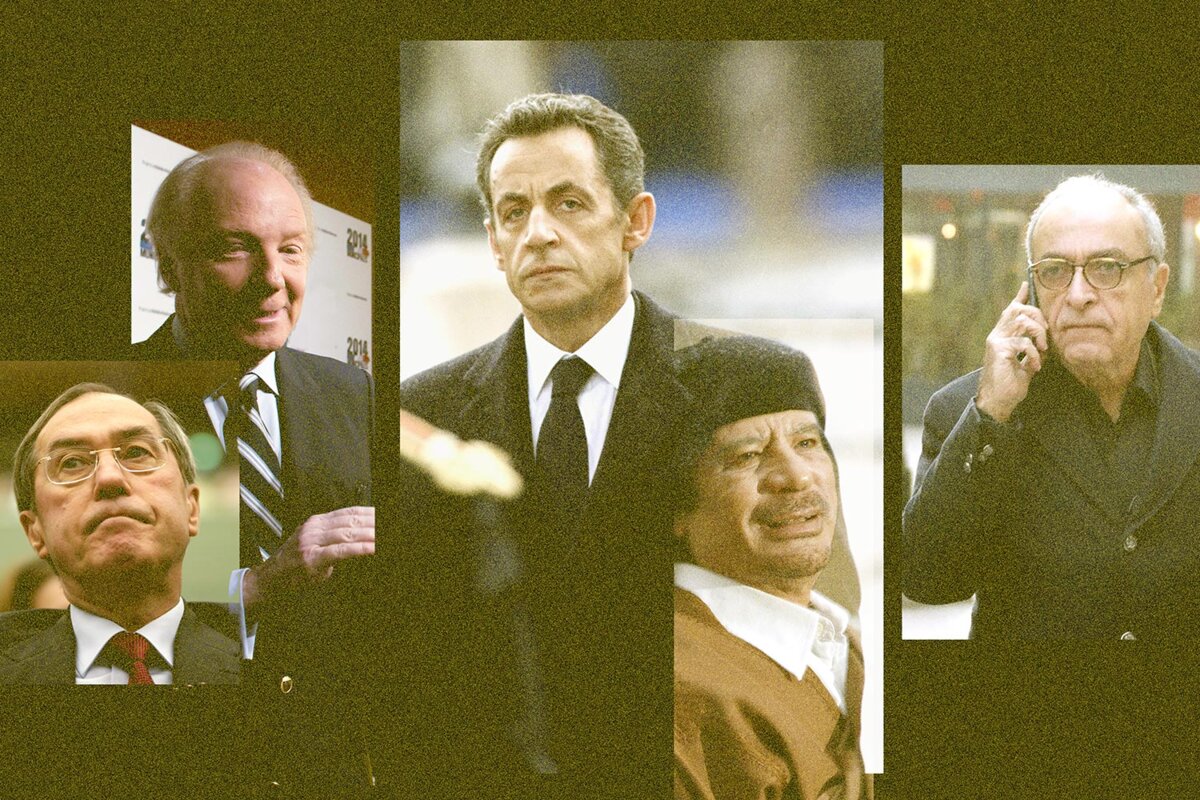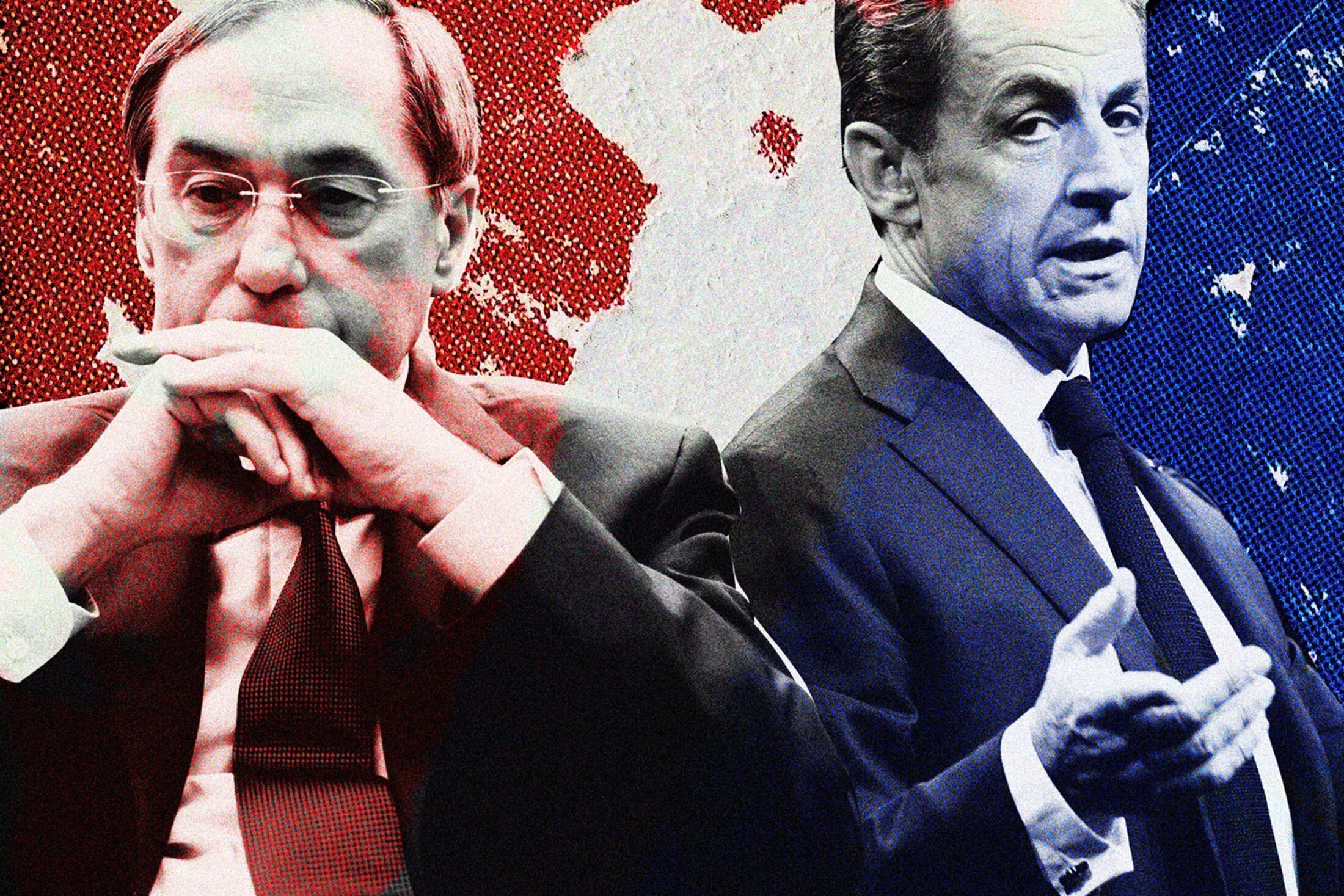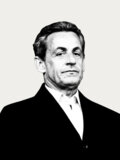In all the criminal investigations involving Nicolas Sarkozy, one recurring pattern emerges, like an ostinato in music: when cornered, the former president abandons his own. This scene has played out repeatedly in recent years in judges’ chambers and in courtrooms, to varying degrees but with unwavering consistency.
Take the example of the Bismuth corruption case. Behind a veneer of affectionate words, Nicolas Sarkozy implicated his lawyer and co-defendant Thierry Herzog, portraying him in court as a clumsy, blundering friend. Both were ultimately convicted of corruption and influence peddling.
Then there was the so-called Bygmalion affair involving illegal election campaign funding. By attending none of the court hearings except for those in which he was to be cross-examined, Sarkozy made it clear that this trial was not about him but about his 2012 presidential campaign team, whose budget exceeded the legal limit by more than 20 million euros. Nicolas Sarkozy was convicted both at first instance and on appeal for illegal campaign financing – he has now lodged an appeal with the country's top appeal court, the Cour de Cassation.
And more recently there is the case of the fake retraction by a key witness in the Libyan funding affair, Ziad Takieddine. The former president turned on PR specialist Michèle Marchand (“Yes, she misled me”), despite her being a close confidante of his family, particularly his wife Carla Bruni, who is also under investigation. Nicolas Sarkozy has been placed under investigation for involvement in alleged witness tampering and criminal conspiracy in this ancillary part of the Libyan affair, which is still being investigated.

Enlargement : Illustration 1

But it is in the main part of the Libyan financing scandal, for which the trial begins on January 6th in Paris, that the former president has been hardest on his inner circle. Life can sometimes be ungrateful: and it is his two most loyal associates, former ministers Brice Hortefeux and Claude Guéant, who have borne the brunt.
Two sentences uttered by Nicolas Sarkozy on October 12th 2020 in the judges’ chambers encapsulate the symbolic violence he has directed at his trusted lieutenants. “I had no way of knowing the reality of their lives - if indeed one can ever truly know the life of anyone,” he stated under questioning by investigating judges. Then, sharpening his words like a guillotine blade, he noted: “This is even truer for those closest to us, those we love, who can sometimes disappoint us.”
“Incomprehensible,” “they were wrong,” “mistake,” “lack of judgement,” “error”: Nicolas Sarkozy did not mince his words when describing to the judges the close relationship between Claude Guéant and Brice Hortefeux and middleman Ziad Takieddine, a key witness in the case. He was equally critical of the secret meetings they held with the intermediary in 2005 in Tripoli together with Abdallah Senussi, brother-in-law of Colonel Muammar Gaddafi, head of Libya's military intelligence and a convicted state terrorist. The investigation has established that Senussi transferred funds ahead of the 2007 presidential election.
“Of course, they [editor's note, Brice Hortefeux and Claude Guéant] were devoted to me. I had full confidence in how they conducted their professional lives at my side,” the former president would later say.
Ruthless
In cutting ties with his lieutenants, Nicolas Sarkozy claims that they were “manipulated” and “deceived” by the alleged agent of corruption Takieddine, who was already notorious in government circles for his shady reputation by 2005. “Is Claude Guéant so naïve as to be taken for a ride by Ziad Takieddine for years?” the judges asked Sarkozy. His reply was ruthless: “Sadly, one has to believe so.”
Such a claim is all the more surprising given Claude Guéant’s impressive pedigree within the upper echelons of the French state: he has served as a prefect, director general of the national police, chief of staff to the minister of the interior (Nicolas Sarkozy), secretary general of the Élysée Palace – the president's chief of staff - and then minister of the interior.
Regarding the secret meeting in Libya between Brice Hortefeux, then junior minister for France's local authorities, and Abdallah Senussi, three months after an equally clandestine meeting between Claude Guéant and the Libyan, Nicolas Sarkozy stated: “It was a mistake, yes, for me, it was a mistake. Meeting Abdallah Senussi was a mistake; getting led by Ziad Takieddine to Abdallah Senussi was a mistake.” Yet the former president was adamant: no one ever told him anything, neither before nor after. Everything happened behind his back.
And what of the meeting at the Élysée Palace on May 14th 2009 between Claude Guéant, then the president's chief of staff, and Ziad Takieddine? According to documents found by investigators, the meeting's purpose was to discuss legal strategies devised by Sarkozy’s team to secure judicial exoneration for Senussi, who had been sentenced to life imprisonment in France for the 1989 bombing of the UTA DC-10 plane which killed 170 people. “I can't explain it. Just as I can't explain why Claude Guéant felt the need to meet Ziad Takieddine. It’s not only about the topic discussed; it’s the principle of receiving him,” Sarkozy said.

Enlargement : Illustration 2

Again, when questioned about the large safe that Claude Guéant rented at the Opéra branch of BNP bank in central Paris during the presidential campaign - a move investigators have linked to the storage of illicit cash rather than speeches as Guéant had claimed - Sarkozy offered little support. “I don’t see why there was a need to rent a safe big enough for a man to stand inside. At no point did Claude Guéant tell me he was going to rent a safe at the bank,” the former head of state said.
Meanwhile, regarding the escape from France of Gaddafi’s ex-chief of staff Bashir Saleh, which was orchestrated in 2012 by Sarkozy’s government after revelations from Mediapart and despite Saleh being wanted by Interpol, Sarkozy sought to distance himself from events. “That's a question for Claude Guéant […]. I should point out that at the time, Claude Guéant had not been at the Élysée for 18 months; he was no longer my employee,” the former president told the judges. This position is particularly precarious, given the numerous allegations that exist against Guéant from the time when he was Sarkozy’s key associate, whether at the Ministry of the Interior or during Sarkozy’s presidency.
“I am merely incidental to a network of friendships that existed independently,” concluded the former president.
Claude Guéant himself has not retaliated against Nicolas Sarkozy. This is not for a lack of desire on the part of his own children, who have urged him to tell judges what he knows. In June 2013, police intercepted a phone call Guéant had with his daughter who, tired of seeing her father embroiled in legal trouble, said: “[Sarkozy] had better watch out because the day you decide to speak out… […] He’d deserve it.”
A few months later, Claude Guéant’s son also sent an unambiguous text message to his father, stating: “I believe strongly in the scapegoat theory, and I think your former boss isn’t bothered at all - in fact, quite the opposite (perfect lightning rod). In such cases, you have to just think of yourself, dad.” To which Guéant replied: “You’re right.” Though to this day, he has never turned on Nicolas Sarkozy.
-----------------------------------------------------------------------
- The original French version of this article can be found here.
English version by Michael Streeter



